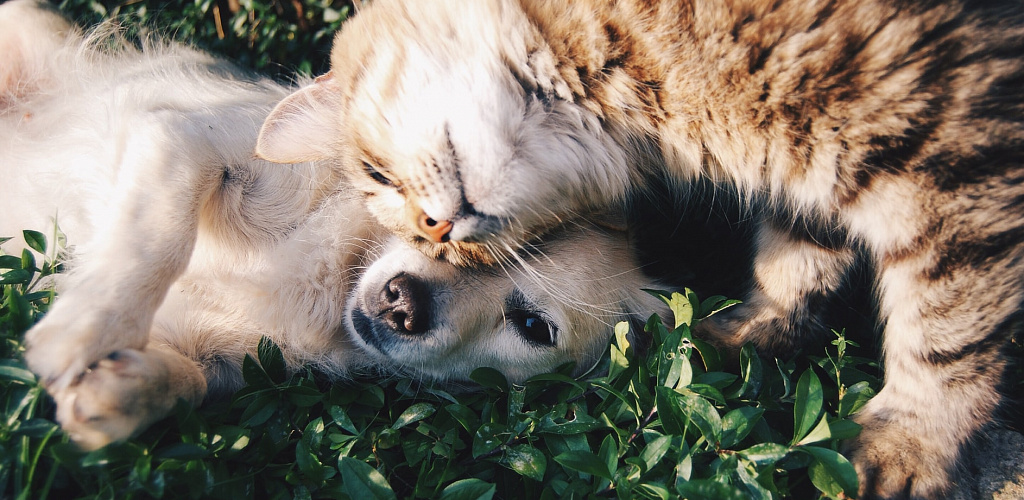Animal allergy: is it possible to have a cat or a dog

Allergy to animals, or sensitization, is a fairly common problem. Sometimes people don't even know they are allergic to cats or dogs until they get a pet at home. How to recognize it and does this mean that it is worth saying goodbye to the dream of a pet?
Allergies are caused not only by animal hair – skin particles, saliva, sweat and other physiological secretions also contain protein that irritates the human immune system. In dogs, the main antigen that causes an allergic reaction is called Can f 1, in cats – Fel d 1. The protein gets on the pet's coat, for example, through saliva, and then it spreads throughout the house. In this regard, some owners of cats and dogs mistakenly believe that allergies are associated with wool.
Causes of Animal Allergies
To date, the mechanism of allergy occurrence has not been fully studied. However, it has been established that one of the causes of sensitization is a genetic predisposition. Allergies can be inherited and have different degrees of severity. The most common reaction is to dogs and cats, and allergies to the latter are the most common. The smallest particles of an animal's skin can fly in the air and affect a person's well-being even after the cat has already been removed from the room.
Sensitivity to allergens of other mammals is extremely rare. Few people are allergic to ferrets, rats, guinea pigs or rabbits, but this also happens. But an allergic reaction to birds occurs much more often. Parrots, canaries and even feathers in a down pillow can cause sensitization. An unpleasant reaction of the body is also possible when in contact with farm animals, so having a mini pig at home instead of a cat will not always be a saving idea. Allergies to animals do not depend on the time of year, but may increase during the molting period of a cat or dog.
Allergy Signs
Animal allergies are usually respiratory in nature, but may manifest other symptoms. These include:
- swelling, stuffiness or nasal discharge;
- frequent sneezing;
- dry cough and breathing problems;
- asthma attacks;
- blisters, itching and skin rash;
- lacrimation;
- conjunctivitis;
- redness and inflammation of the mucous membrane of the eyes.
In adults and children, the allergic reaction is almost the same, but in children, the symptoms may be more pronounced.
What to do if an allergy to animals is detected
Animals for allergy sufferers, unfortunately, do not exist. But there are so-called hypoallergenic cats and dogs are breeds whose reaction to representatives can still manifest itself, but is much rarer. When choosing a pet, it is recommended to spend some time with him to understand whether an allergic reaction will occur or not. In case of doubt, you should consult with an allergist, take a blood test to assess the degree of susceptibility of the body to foreign protein.
If an allergy has manifested itself in a child or a new family member, it is necessary to observe the conditions that facilitate the course of the malaise:
- regularly bathe the pet, clean the eyes and ears of the animal;
- do not allow close contact of an allergic person and an animal;
- often ventilate the room, do wet cleaning and clean the cat tray;
- be monitored by a doctor, if necessary, take antihistamines.
Over time, an allergic person may develop tolerance to an irritating protein. It is important to follow preventive measures and not self-medicate.